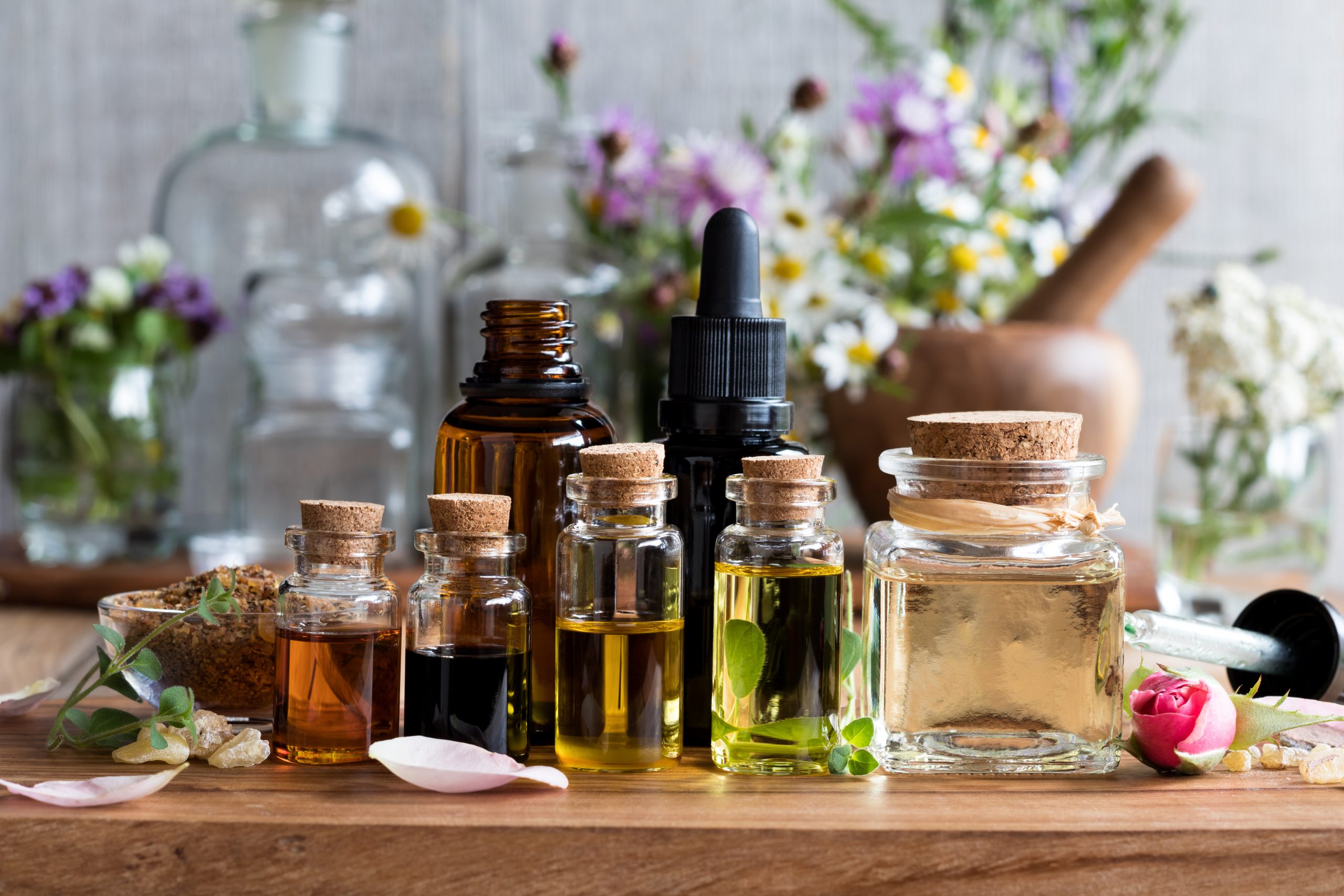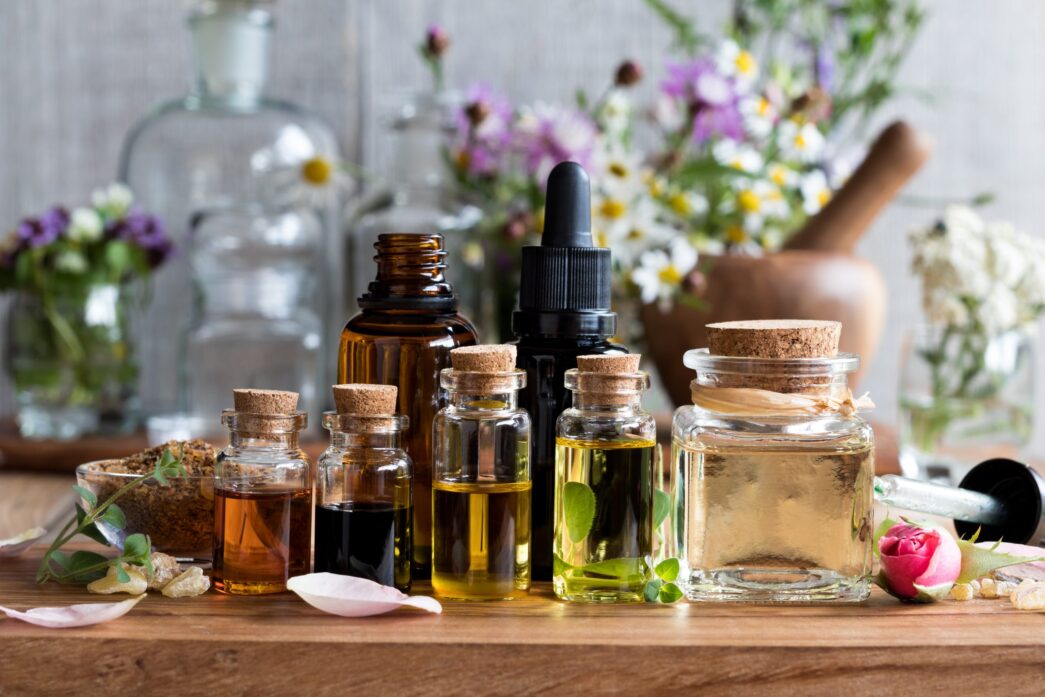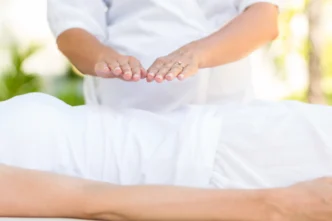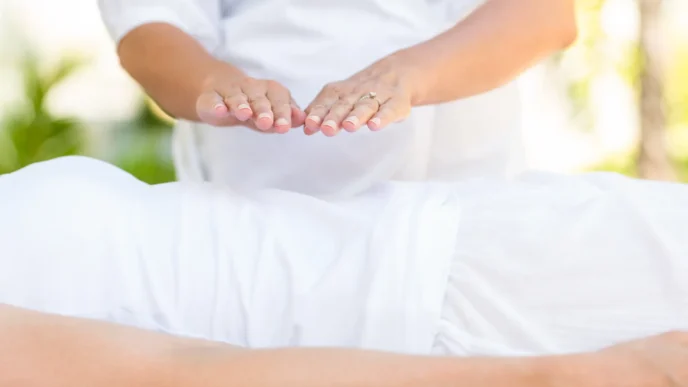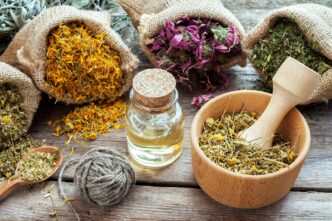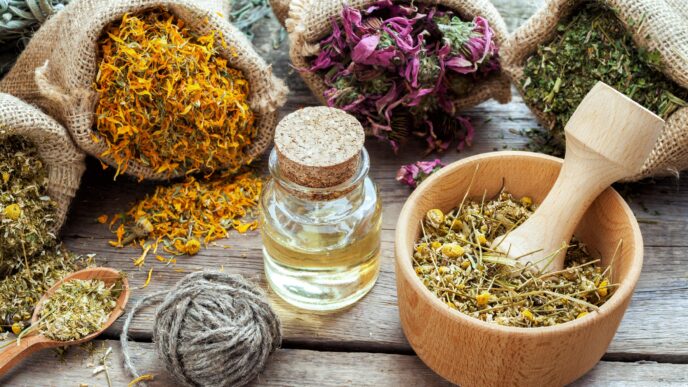Aromatherapy is a holistic healing practice that uses natural plant extracts, known as essential oils, to promote physical, mental, and emotional well-being. This ancient therapy has been used for centuries across various cultures to improve mood, reduce stress, and enhance overall health. Today, aromatherapy continues to gain popularity as a natural and effective approach to wellness. Here’s an in-depth look at aromatherapy, its benefits, and how to use it.
What is Aromatherapy?
Aromatherapy, also known as essential oil therapy, involves using aromatic plant oils to support health and well-being. These oils are extracted from flowers, leaves, bark, roots, and other plant parts, capturing the plant’s natural essence and therapeutic properties.
How Does Aromatherapy Work?
Aromatherapy works through two primary mechanisms:
- Olfaction (Sense of Smell):
- Essential oils are inhaled, stimulating the olfactory system and influencing the brain’s limbic system, which governs emotions, memories, and mood.
- Absorption:
- When applied to the skin, essential oils are absorbed into the bloodstream, delivering their therapeutic effects.
Benefits of Aromatherapy
- Stress Relief:
- Essential oils like lavender and chamomile reduce anxiety and promote relaxation.
- Improved Sleep:
- Oils such as sandalwood and valerian help improve sleep quality.
- Enhanced Mood:
- Citrus oils like orange and lemon uplift mood and combat feelings of depression.
- Pain Management:
- Peppermint and eucalyptus oils alleviate headaches, muscle aches, and joint pain.
- Boosted Immunity:
- Tea tree and oregano oils have antimicrobial properties that support the immune system.
- Better Focus and Concentration:
- Oils like rosemary and basil improve mental clarity and cognitive function.
- Respiratory Support:
- Eucalyptus and peppermint help clear sinuses and ease breathing.
Common Essential Oils and Their Uses
- Lavender:
- Calms the mind, promotes relaxation, and improves sleep.
- Peppermint:
- Relieves headaches, boosts energy, and supports digestion.
- Eucalyptus:
- Clears nasal passages and soothes respiratory conditions.
- Tea Tree:
- Acts as a natural antiseptic and supports skin health.
- Lemon:
- Uplifts mood, cleanses, and refreshes the environment.
- Chamomile:
- Reduces anxiety, promotes relaxation, and soothes skin.
- Rosemary:
- Enhances focus, memory, and circulation.
- Ylang Ylang:
- Balances emotions, reduces stress, and promotes skin health.
How to Use Aromatherapy
- Diffusion:
- Use a diffuser to disperse essential oils into the air, filling your space with their therapeutic aroma.
- Example: Add a few drops of lavender oil to a diffuser for relaxation.
- Inhalation:
- Add a few drops of essential oil to a bowl of hot water, cover your head with a towel, and inhale deeply.
- Example: Use eucalyptus oil for sinus relief.
- Topical Application:
- Dilute essential oils with a carrier oil (like coconut or jojoba oil) before applying to the skin.
- Example: Massage peppermint oil onto temples for headache relief.
- Baths:
- Add a few drops of essential oil to a warm bath for relaxation and stress relief.
- Example: Use chamomile or rose oil for a calming soak.
- Aromatherapy Jewelry:
- Wear necklaces or bracelets designed to hold essential oils for on-the-go benefits.
- Room Sprays:
- Mix essential oils with water in a spray bottle to refresh and purify your space.
Safety Tips for Using Essential Oils
- Dilution:
- Always dilute essential oils with a carrier oil before applying to the skin to prevent irritation.
- Recommended ratio: 1-2% dilution (1-2 drops of essential oil per teaspoon of carrier oil).
- Patch Test:
- Test the oil on a small area of skin to check for allergic reactions.
- Avoid Ingestion:
- Do not ingest essential oils unless directed by a qualified healthcare professional.
- Keep Away from Eyes and Mucous Membranes:
- Essential oils can irritate sensitive areas.
- Choose Quality Oils:
- Use pure, therapeutic-grade essential oils from reputable sources to ensure safety and efficacy.
- Consult a Professional:
- Pregnant or breastfeeding women, children, and individuals with medical conditions should consult a healthcare provider before using essential oils.
Aromatherapy in Modern Wellness
Aromatherapy is increasingly integrated into wellness routines and therapeutic settings, such as:
- Spa Treatments: Enhancing relaxation and rejuvenation.
- Workplaces: Reducing stress and improving productivity with diffused essential oils.
- Healthcare: Supporting pain management and emotional well-being in hospitals and clinics.
Scientific Backing
While more research is needed, studies have shown the effectiveness of aromatherapy in:
- Reducing anxiety and depression.
- Alleviating chronic pain and headaches.
- Improving sleep quality and stress management.
Aromatherapy offers a natural, holistic approach to enhancing physical and emotional health. With its versatility and accessibility, it can easily become a part of your daily wellness routine. Whether you’re seeking relaxation, relief from a specific condition, or simply a more pleasant environment, essential oils provide a powerful, plant-based solution.
Ready to explore the benefits of aromatherapy and bring balance to your life?
Topics: Alternative Medicine Aromatherapy Essential Oils Holistic Healing Natural Remedies Stress Relief Wellness Practices